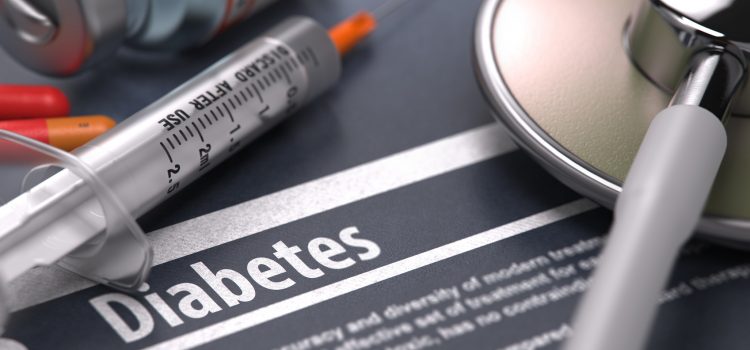As the constant waxing and waning of COVID-19 rates in the United States continues, a pair of relatively newly identified subvariants of Omicron are suddenly being blamed for a growing proportion of new cases. BA.4 and BA.5 accounted for 5.4% and 7.4% of new cases, respectively, in the most recently weekly recap from the Centers for Disease Control and Prevention. After first being identified in South Africa, the pair have been gaining ground in the …
Read More









